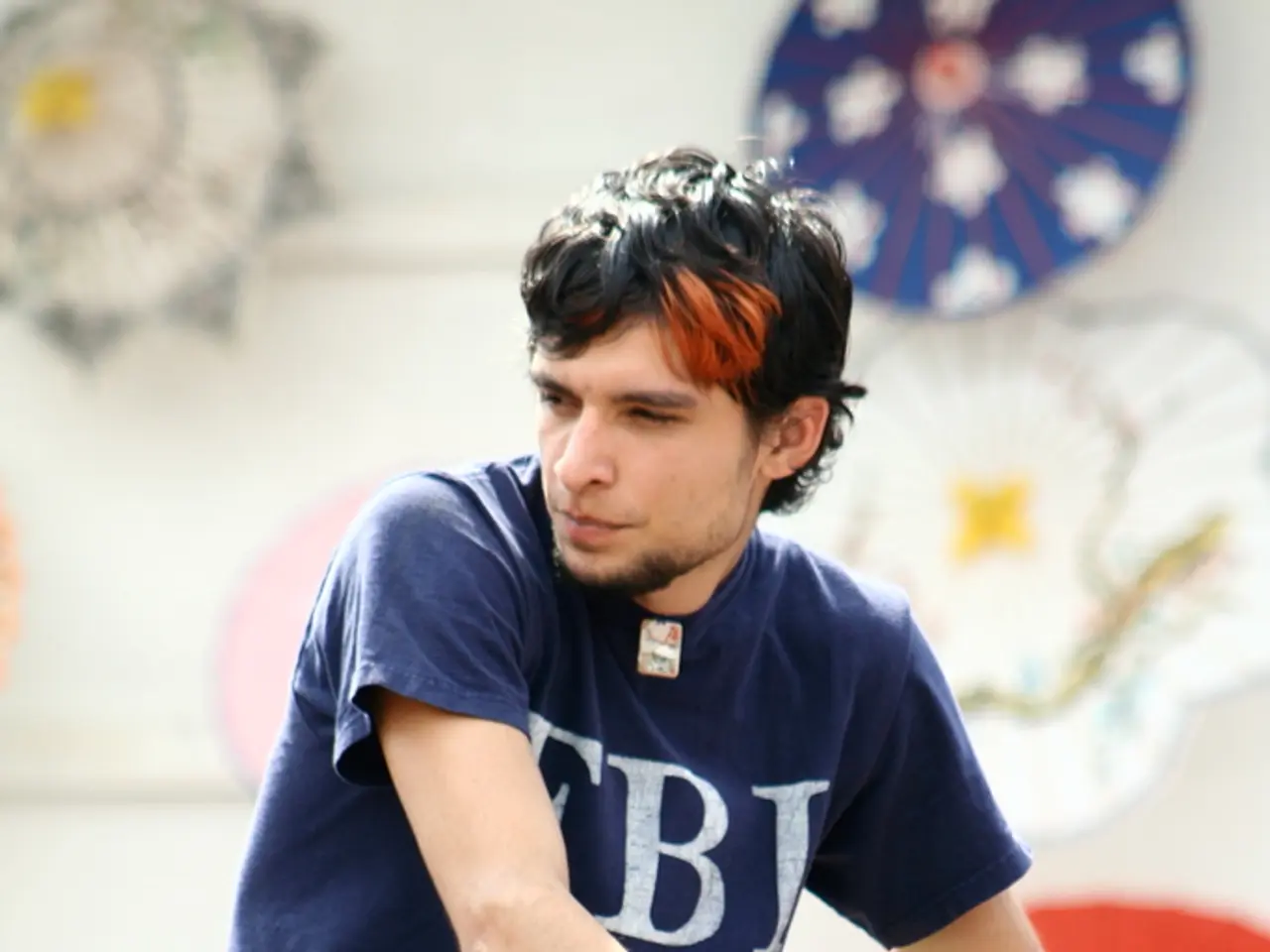Turkey's Wildfire Management and the Ascendancy of Cyber Bullying
In recent times, criticism towards the Turkish government's alleged corruption, nepotism, and incompetence has been a hot topic. However, certain groups argue that this criticism is selective, often ignoring the government's efforts in areas such as wildfire response.
Tukeye has significantly expanded its wildfire response capacity in recent years. As of today, the country can drop up to 438 tons of water from the air using 27 planes and 105 helicopters. This makes Tukeye fourth globally in terms of aerial firefighting fleets and second in terms of unmanned aerial vehicles and early detection systems.
However, social media users, often political figures or supporters from Turkey's opposition, have been posting accusations about wildfire handling, ignoring fundamental realities like weather conditions and flight regulations. These posts are part of a tactic called political digital mobbing, which aims to provoke, bully, and silence dissenting voices.
The backlash against political digital mobbing is already beginning, with the public growing weary of these aggressive tactics. The opposition's reflexive reactions aim to suppress legitimate inquiry, not to expose wrongdoing, but to protect their own interests.
Political digital mobbing is a tactic used to suppress dissenting voices and construct zones of untouchability for the opposition. This digital harassment fuels disillusionment and disengagement from politics, contributing to widespread digital fatigue and a growing weariness of aggressive political tactics.
Specifically, social media users, including well-meaning individuals who try to clarify misinformation, face accusations intended to suppress legitimate critique and create controlled public narratives. After opposition party officials (mainly from the CHP) faced corruption allegations, digital mobbing intensified to protect political factions and discourage scrutiny, fostering zones of untouchability in the political discourse.
The youth, already vulnerable to digital fatigue, are primary targets, which exacerbates their political disillusionment and deters active participation in societal engagement. This dynamic of political digital mobbing negatively impacts the quality of public discourse by promoting polarization, controlling narratives, and silencing criticism, which together diminish critical engagement and pluralism in society.
In the future, a more in-depth analysis will explore the shift and its broader implications. Over time, the costs of digital overreach by the opposition are expected to become more apparent. The opposition's initial response to such allegations is often to question the timing or the validity of the criticism, rather than addressing the issues at hand.
This approach undermines the democratic process and fosters an environment of distrust and apathy. It is crucial for all parties involved to promote open, honest, and respectful dialogue to ensure a vibrant and engaged democratic society.
- Despite Turkey's advancements in wildfire response, political digital mobbing on social media, predominantly driven by opposition figures, has become a tactic to accuse the government of mishandling wildfires, disregarding weather conditions and flight regulations.
- The backlash against political digital mobbing is escalating, as the general public grows weary of these aggressive tactics and realizes that the opposition's reflexive reactions aim to protect their own interests rather than expose wrongdoing.
- The tactic of political digital mobbing creates zones of untouchability for the opposition, suppressing dissenting voices and hindering critical engagement, particularly among the youth, fueling disillusionment and deterring active participation in societal matters.
- In the future, a more in-depth analysis will be required to assess the broader implications of this digital harassment, as the costs of overreach by the opposition are expected to become more apparent over time.
- To ensure a vibrant and engaged democratic society, it is crucial for all parties involved to promote open, honest, and respectful dialogue, moving away from questioning the timing or validity of criticism, and addressing the underlying issues at hand.






